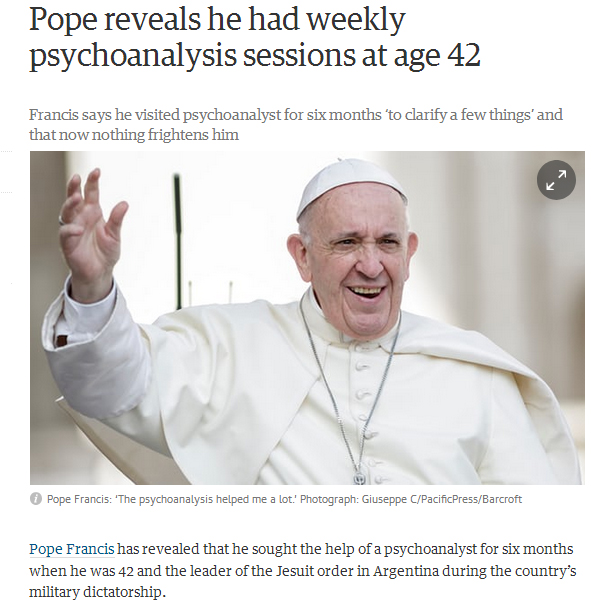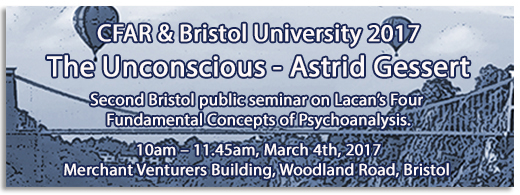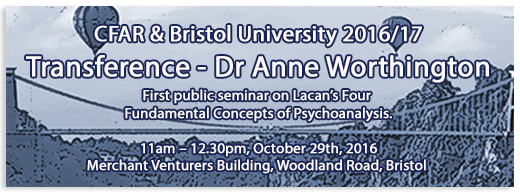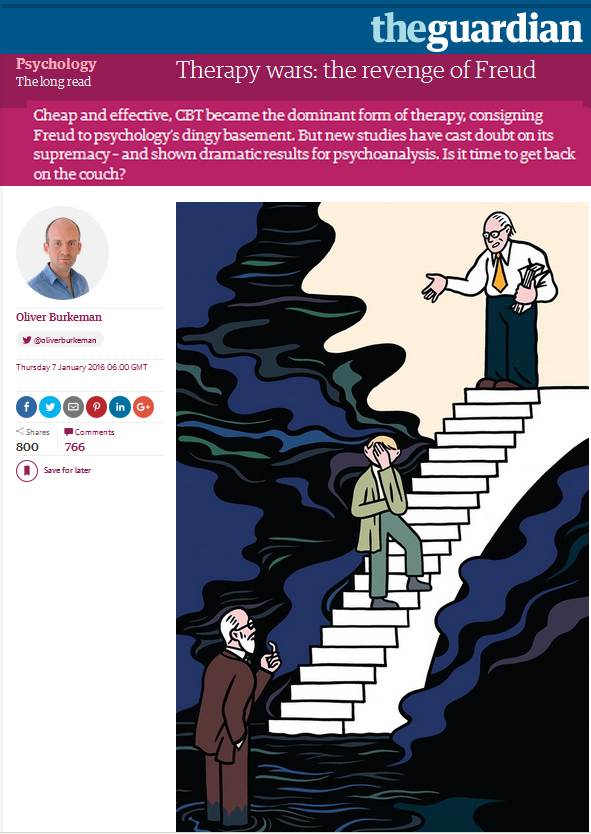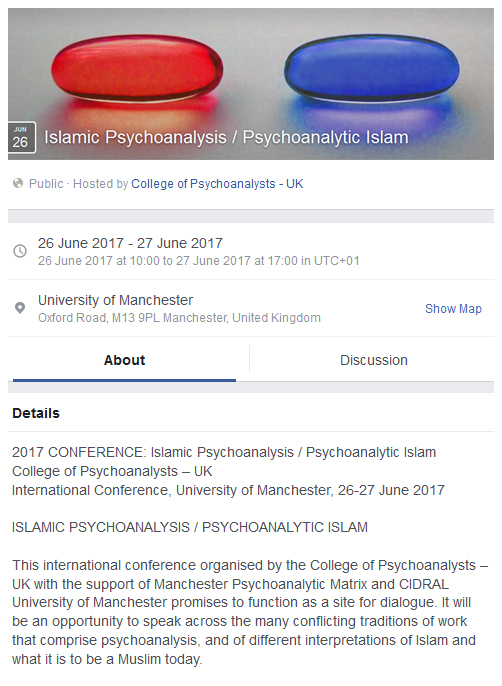
Islamic Psychoanalysis / Psychoanalytic Islam – College of Psychoanalysts UK 2017 CONFERENCE
International Conference, University of Manchester, 26-27 June 2017
This international conference organised by the College of Psychoanalysts – UK with the support of Manchester Psychoanalytic Matrix and CIDRAL University of Manchester promises to function as a site for dialogue. It will be an opportunity to speak across the many conflicting traditions of work that comprise psychoanalysis, and of different interpretations of Islam and what it is to be a Muslim today.
KEYNOTE SPEAKERS
FETHI BENSLAMA (Psychoanalyst, Professor of Clinical Psychopathology at the University Paris-Diderot, Head of Department (UFR) of Psychoanalytic Studies, author of Psychoanalysis and the Challenge of Islam, University of Minnesota Press, 2009) will speak on ‘The contemporary mutations of subjectivity in Islam’.
GOHAR HOMAYOUNPOUR (Psychoanalyst, member of the International Psychoanalytic Association, training and supervising psychoanalyst of the Freudian Group of Tehran, lecturer at Shahid Beheshti University, author of Doing Psychoanalysis in Tehran, MIT Press, 2013) will speak on ‘Islam … the new modern erotic’.
AMAL TREACHER KABESH (Associate Professor in the School of Sociology and Social Policy, University of Nottingham, author of Postcolonial Masculinities: Emotions, Histories and Ethics, Ashgate, 2013 and Egyptian Revolutions: Repetition, Conflict, Identification, Rowman and Littlefield, forthcoming) will speak on ‘Itjihad: The necessity of thinking anew’.
Registration. Registration for the conference is now open. The cost will be £85.00 (£35.00 for fully paid up members of the College of Psychoanalysts and for trainees, £25.00 for the retired/unwaged/students). It is possible that there will be full bursary arrangements for postgraduate students of the Universities of Manchester, Lancaster and Liverpool, subject to local funding). To register please make a bank transfer to ‘The College of Psychoanalysts (UK)’, account number 41482566, sort code 09 06 66, IBAN: GB27ABBY09066641482566, BIC: ABBYGB2LANB. Please notify us that you have made the transfer by email to cpukconference@gmail.com
Please let us know about any dietary requirements. The cost of registration will cover refreshments and lunches.
Funding. Although we do not have any funding available to offer assistance with travel or accommodation, we are able to provide letters of acceptance of abstracts and certificates of attendance, which we hope would help many of you secure funding and accommodation independently.
Adjacent events. The conference will run from Monday morning 26 June to Tuesday late afternoon 27 June, so we advise that you arrive at least by Sunday 25 June. On the following day, Wednesday 28 June, there will be an Asylum: Magazine for Democratic Psychiatry open conference. Asylum will be celebrating over thirty years of the magazine in Manchester, and we know some of you will want to attend. That Asylum conference has an open public call for papers and workshops, and there are details of this and registration details at http://www.pccs-books.co.uk/products/ticket/asylum-action-and-reaction#.V35VqDWpCM8, and the Asylum conference email for more details is: asylumconference2017@gmail.com
Accomodation. The University of Manchester Chancellors Hotel which has rooms available from 40 pounds per night, http://www.chancellorshotel.co.uk/ and Luther King House which has rooms from 35 pounds per night, http://www.lutherkinghouse.co.uk/. The conference registration does not include accommodation.
Abstracts and papers. This international conference brings together scholars – including in critical psychology, cultural studies and political theory – and practitioners of psychoanalytic and group-analytic approaches to psychotherapy and counselling. We will explore the relationship between the clinic and culture in the contemporary world focusing on the challenge that Islam poses for psychoanalytic theory and practice, and the response of psychoanalysts to Islamic theory and practice. The conference locates this critical project in the context of a series of historical transformations in the development of Freudian and post-Freudian work, transformations that continue to underpin psychoanalytic debate. The first stage began with a question about the role of Judaism and Jewish history in the formation of Freud’s own work and dialogue with his followers and co-researchers in central Europe. The second continues with a question over the supposed Christianisation of psychoanalysis after Freud and the secularisation of the practice in the so-called Judeo-Christian tradition in the West. The third stage follows a time of the globalisation and fragmentation of the psychoanalytic movement, resistance to colonisation and post-colonial critique, and is one in which we might either conceive of the end of psychoanalysis or its renewal with Islam. In each case the crucial questions concern the form of each rather than the content of their ideas about reality. This is a call for proposals for papers to be presented at a conference on the following themes:
- In place of attempts to render Islam amenable to psychoanalytic interpretation, how might we understand the significance of Islam for psychoanalysis today?
- What might an ‘Islamic psychoanalysis’ look like that accompanies and questions the forms of psychoanalysis that developed in the West?
- What might a ‘psychoanalytic Islam’ look like that speaks for while perhaps even transforming the forms of truth that Islam produces?
- What are the lessons of the encounter between psychoanalysis and Islam for clinical practice and cultural critique in and beyond the West?
- What bearing does this debate have on the identity of those positioned as ‘Muslims’ or ‘psychoanalysts’ in times of Islamophobia and professionalisation?
Abstracts of between 200 and 250 words together with an indication of the conference theme to be addressed should be submitted to the organisers before 31 January 2017: cpukconference@gmail.com
We will be in contact with those who have submitted abstracts by the end of February, and will then ask for papers which should be submitted in English by the end of May, which we then plan to circulate to those attending to facilitate discussion at the conference.
We will be publishing a number of papers from the conference, in a special issue of the online open-access journal ‘CUSP: Critical Cultures and Cultural Critiques in Psychology’ www.cuspthejournal.com
We have space in University of Manchester booked for the event, and this means that we will limit numbers attending. Please register sooner rather than later to secure a place at the conference.
Suggested reading: Online resources
Asad, Brown, Butler and Mahmood: ‘Is Critique Secular?’
http://escholarship.org/uc/item/84q9c6ft.pdf
Mura: ‘Islamism revisited’
http://www.journal-psychoanalysis.eu/islamism-revisited-a-lacanian-discourse-critique/
Please contact us if you have other suggestions and links for online resources
Conference site: http://www.psychoanalysis-cpuk.org/HTML/2017Conference.htm
Facebook page: https://www.facebook.com/events/971891016219656/
